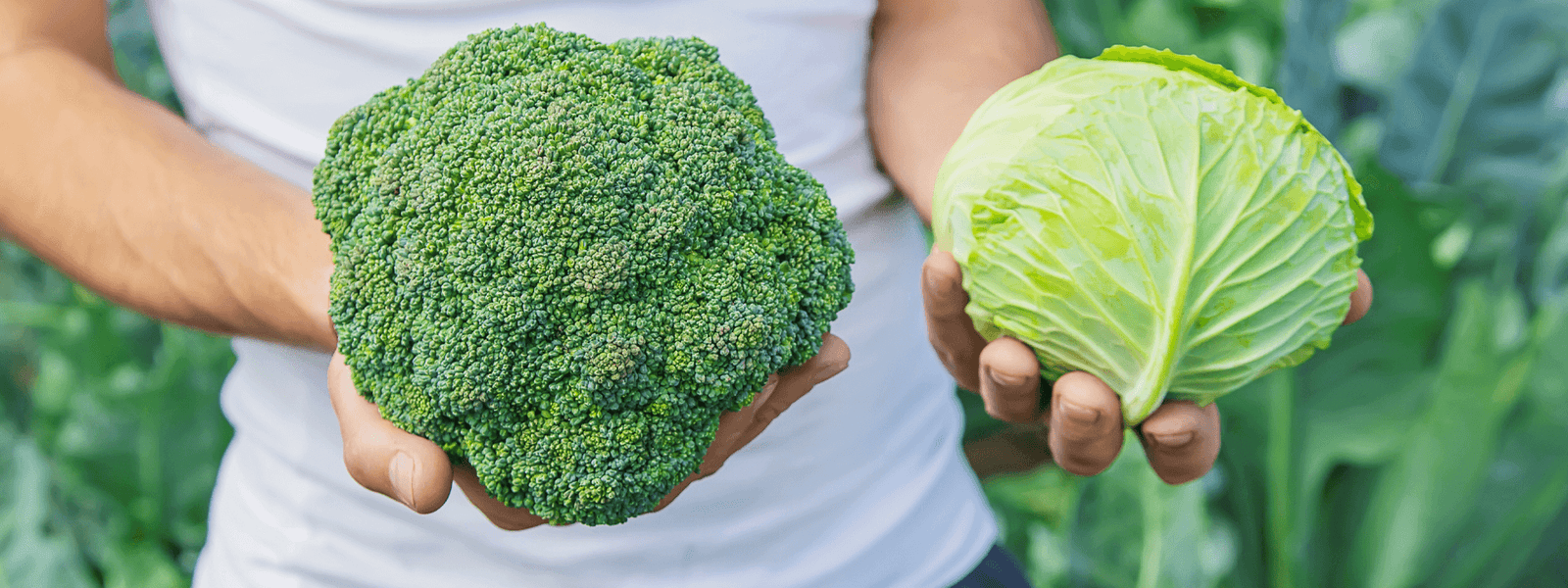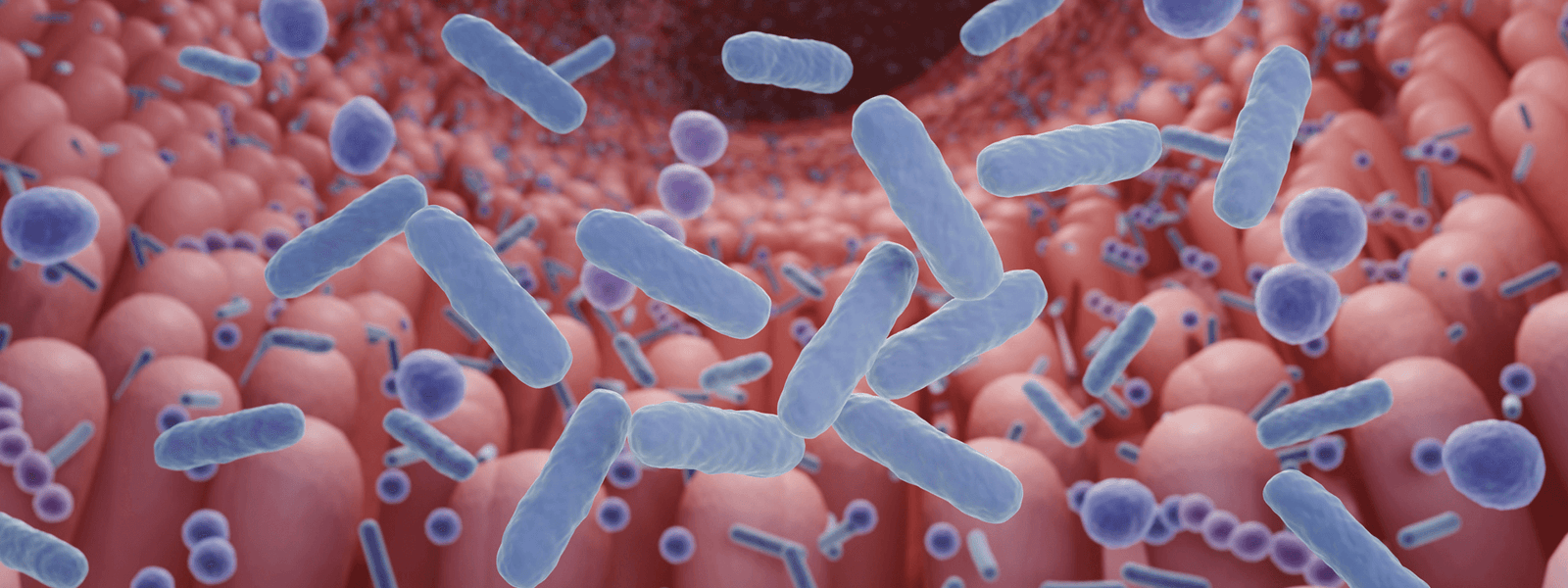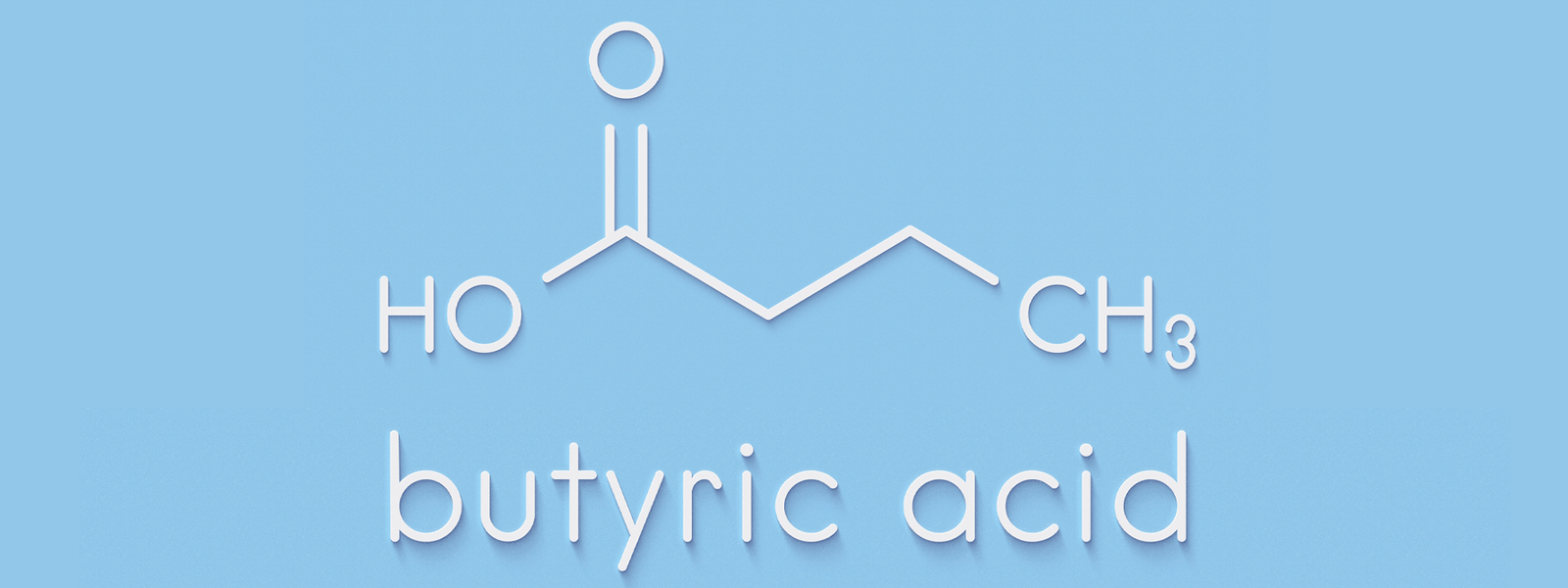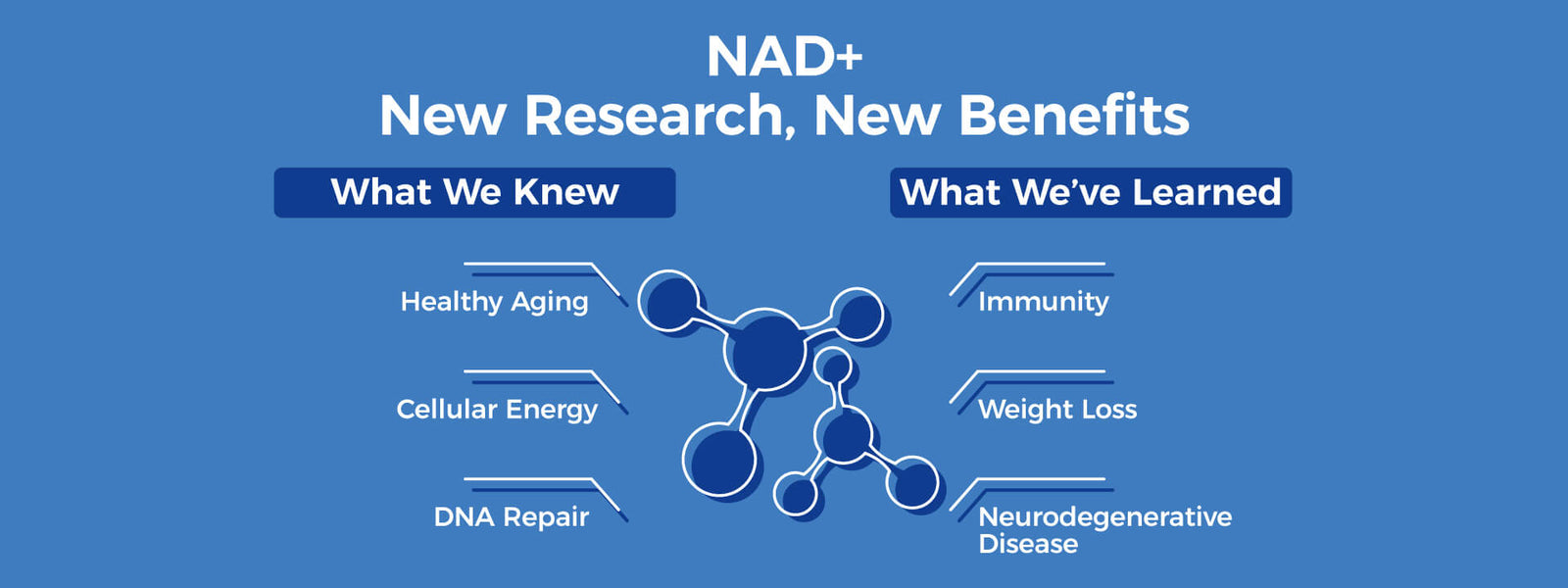Digestive health has been in the spotlight in recent years as emerging research shows its vital role in overall health and well-being. The state of our digestive tract significantly affects the whole body, from the brain down. Unfortunately, many people are unfamiliar with the health benefits of prebiotics and FODMAPs.[1] Let’s explore the world of digestive health and set the record straight.
The Gut Microbiome
Before we dive into prebiotics and FODMAPs, it is important to make sure you understand the Gut Microbiome. The gastrointestinal (GI) tract is home to trillions of microorganisms (bacteria), collectively called the gut microbiome. we have more bacterial cells living inside our body than human cells, these bacteria have many roles from aiding in digestion to regulating metabolism, boosting immunity (80% of the immune system resides in the gut), and facilitating gut-brain communications.[2]
Many people are aware of probiotics for gut health, and these probiotics are the live good bacteria for good digestion. You can find probiotics in yogurt or other fermented food. The good bacteria are living microorganisms, so you may ask: how do we help the good bacteria grow?
Prebiotics
Our diet can have a profound impact on the good bacteria. Eating the right food can provide the fuel for the good bacteria and they are called prebiotics! Prebiotics are types of dietary fiber, and the food for the good bacteria (probiotics), keeping them strong and healthy. All vegetables contain a certain level of prebiotics with onions and Jerusalem artichokes having the highest natural doses.
Researchers recently found high amounts of dietary fiber consumption significantly lower the risks of heart disease, stroke, Type 2 diabetes, colorectal cancer, and mortality.[3]
The dietary reference intake (DRI) for fiber is 38 grams for adult men and 25 grams for women.[4] Unfortunately, most people do not meet this requirement. In addition to incorporating more foods mentioned above, taking a prebiotic supplement a convenient way to give your digestive system a boost.
FODMAPS
FODMAP (Fermentable Oligosaccharides, Disaccharides, Monosaccharides, and Polyols) refers to a group of short-chain carbohydrates. Most of the FODMAP foods are prebiotic fiber-rich, thus making them a crucial part of healthy digestion.
Examples of high FODMAP foods include lactose (found in dairy products) fructose (in fruits), fiber, and sugar alcohols (as in artificial sweeteners). They are found in foods such as apples, watermelon, asparagus, broccoli, milk, and beans.
They quickly pass through the GI track undigested and get fermented in the intestine by gut bacteria (probiotics). However, high FODMAP food can produce hydrogen in the intestine, which may lead to gas, bloating, stomach cramps, diarrhea, and constipation in people suffering from irritable bowel syndrome (IBS). Numerous studies on diet therapy show the effectiveness of a low-FODMAP diet [5] in managing IBS and now it is recommended as a nutrition prescription for IBS patients.
Kiwifruit is a low-FODMAP food and is tolerated by most people. People with IBS or digestive issues could benefit from incorporating Low-FODMAP foods like kiwifruit into their diet.
Made from 100% New Zealand green kiwifruit, Xtendlife Kiwi-Klenz contains a unique blend of prebiotics, fiber, and enzymes, it is an easy way to improve your digestive health.
References:
[1] The International Food Information Council (IFIC) Foundation’s 2018 Food and Health Survey.(2018). Retrieved from http://Foodinsight.org
[2] Shamir R, et al. Essential Knowledge Briefing, Wiley, Chichester (2015)
[3] Reynolds, A. et al. (2019). Carbohydrate quality and human health: A series of systematic reviews and meta-analyses. The Lancet,393 (10170), 434-445
[4] Institute of Medicine. Dietary Reference Intakes for Energy, Carbohydrate. Fiber, Fat, Fatty Acids, Cholesterol, Protein, and Amino Acids (2002/2005)
[5] Monash University (2019). The Low FODMAP Diet . Retrieved from https://www.monashfodmap.com


 Supplements
Supplements Bundles
Bundles
















